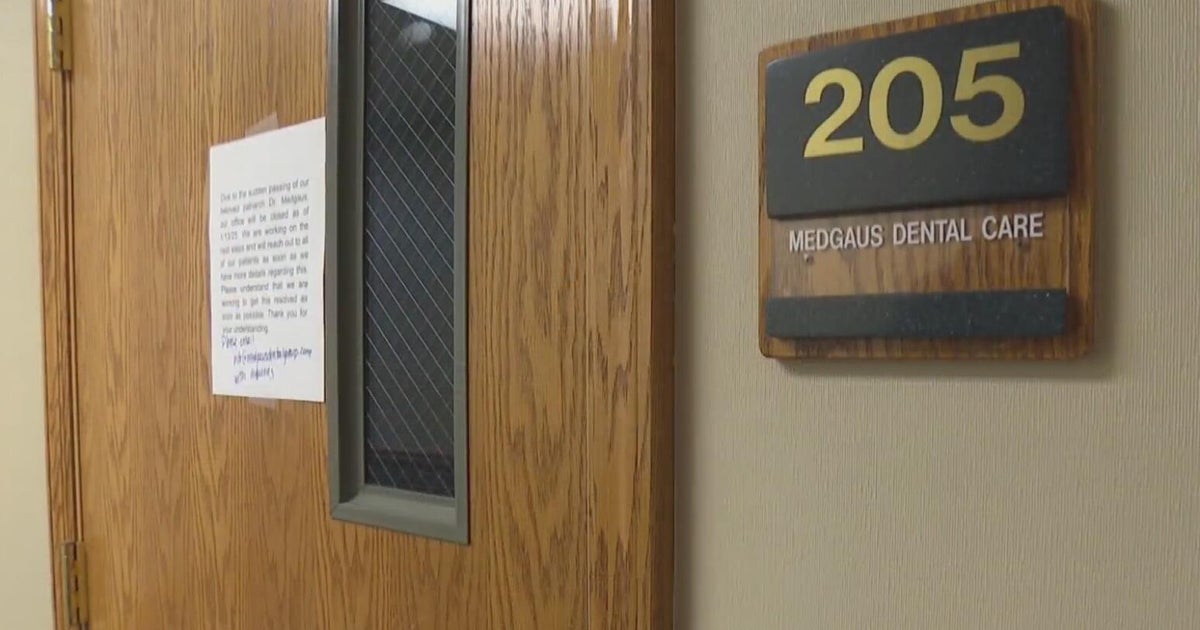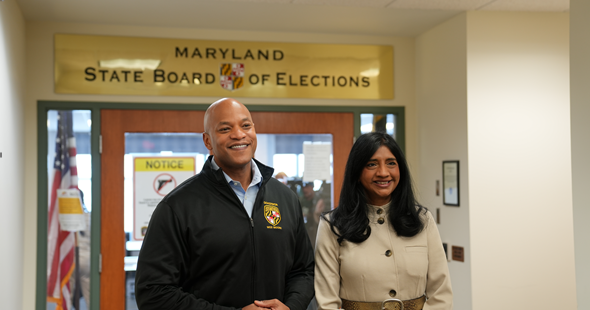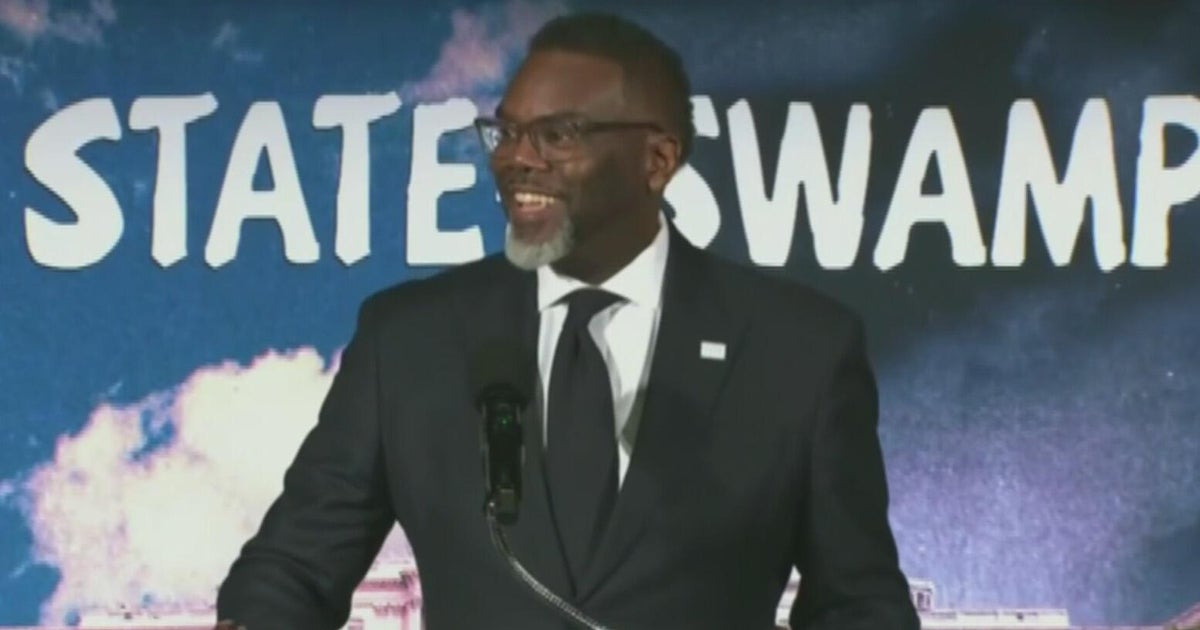Thinking Of Changing Your Career? Where To Start
MINNEAPOLIS (WCCO) -- Have you ever considered changing careers? It's a common thought, but a gutsy move in a tough economy. So now, with the economy improving, we asked some people who've done it: How to start and two key questions to ask before making a change.
Kim Sullivan is learning a lot about the new version of job searches.
"I'm looking for the right role, the right company, the right culture, and the right people," she said.
Sullivan left a position at a major Minnesota corporation last year. On her own.
"The last time the compensation group was reorganized," she said, "I was offered a role, but it wasn't a role I wanted anymore at that point."
Instead, she decided to concentrate on finishing the MBA degree that she was already working on in her spare time. She finished up in seven months, and is now in the middle of her search, with the time and training to look for just the right thing.
"I don't think it's really that risky," she said. "I mean I had a plan, I had a direction, I knew where I was going."
It's a move that more and more people are making: Looking around and deciding that their old career choice was wrong, and that the economy is finally right, to make a move.
"It seems like there are more folks getting unstuck lately as a reflection of perhaps the economy picking up," said Liz Hruska, a career counselor at the University of Minnesota.
She says past graduates may be able to tap into their old school's career center, depending on the college, but the first move should be talking to people in the fields you find attractive.
"Sometimes we kind of glamorize a different career field," she said. "This is a way to hear the good and bad and ugly of that career area."
Setting up those early informational interviews may be easier than you think. Reach out through social networks like LinkedIn, or even through the industry's networking groups.
"Generally those networking groups are folks who want to talk to people," said Hruska, "that's why they show up to network."
There are even special websites to connect job shoppers to mentors: PivotPlanet, MentorMob and SkillShare.
Kathleen White was the kind of person you'd seek out for a networking session. But after two decades of success in the healthcare field, she stopped moving up the corporate ladder.
"I mean, it's a checkbox for a lot of people like myself," she said. "People didn't care what you have a degree in, it was, do you have a degree?"
So, she decided to go back to school -- at night. And by the time she got the bachelor's degree she'd always been missing, she'd also lined up the job she'd always wanted, Vice President of Consulting in Health and Benefits at AON Hewitt.
"This was really where I wanted to be," she said, "and I would not have gotten here without the degree."
Allison Wyeth teaches a class called "Getting Started" at Women Venture, and she's seeing more students since the economy picked up. Her class is focused on entrepreneurs, but her key questions apply to all career changers:
1. What are you deeply interested in? Something where time flies whenever you do it.
2. What skills and training do you already bring to the table?
"There's no one in business who will sprinkle business holy water and tell you you should do it," she said.
Her advice for entrepreneurs is simple. If you've got a great idea, research it and go for it. If not, but if you still want to work for yourself, investigate franchises. But either way, being your own boss can be rewarding, but it's also a lot of work.
"The reality is that starting your own business is 9 a.m. to 9 a.m.," she said. "That's the reality. There is no clocking out."







